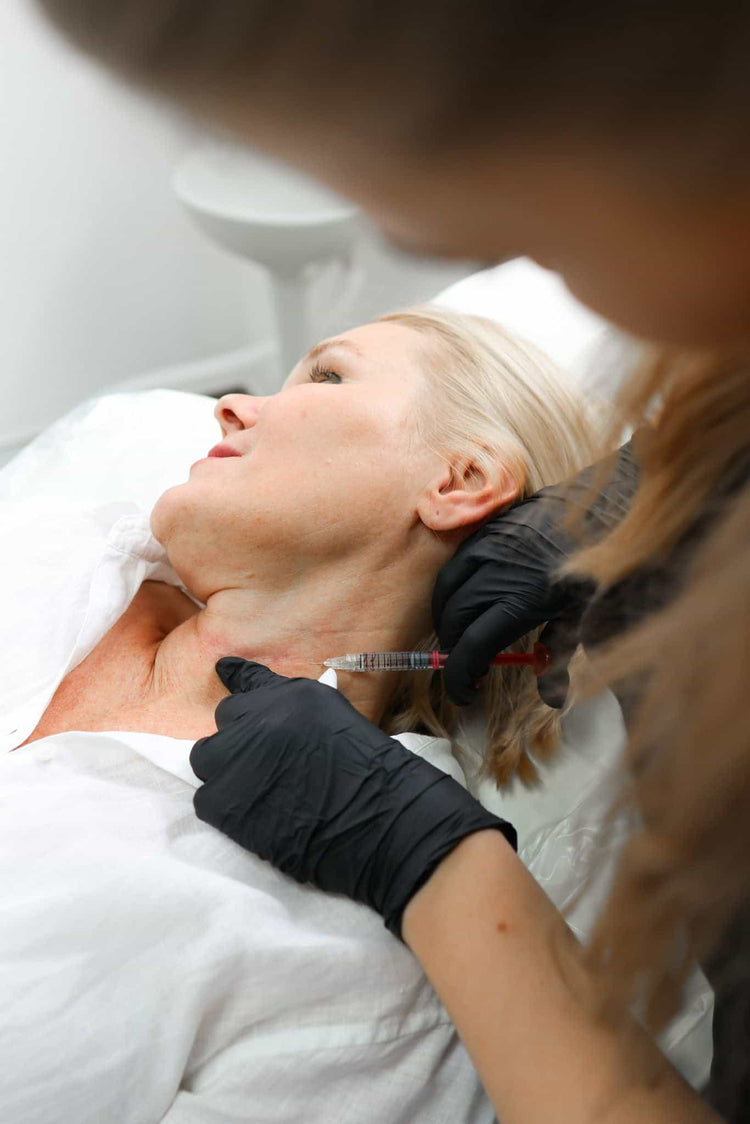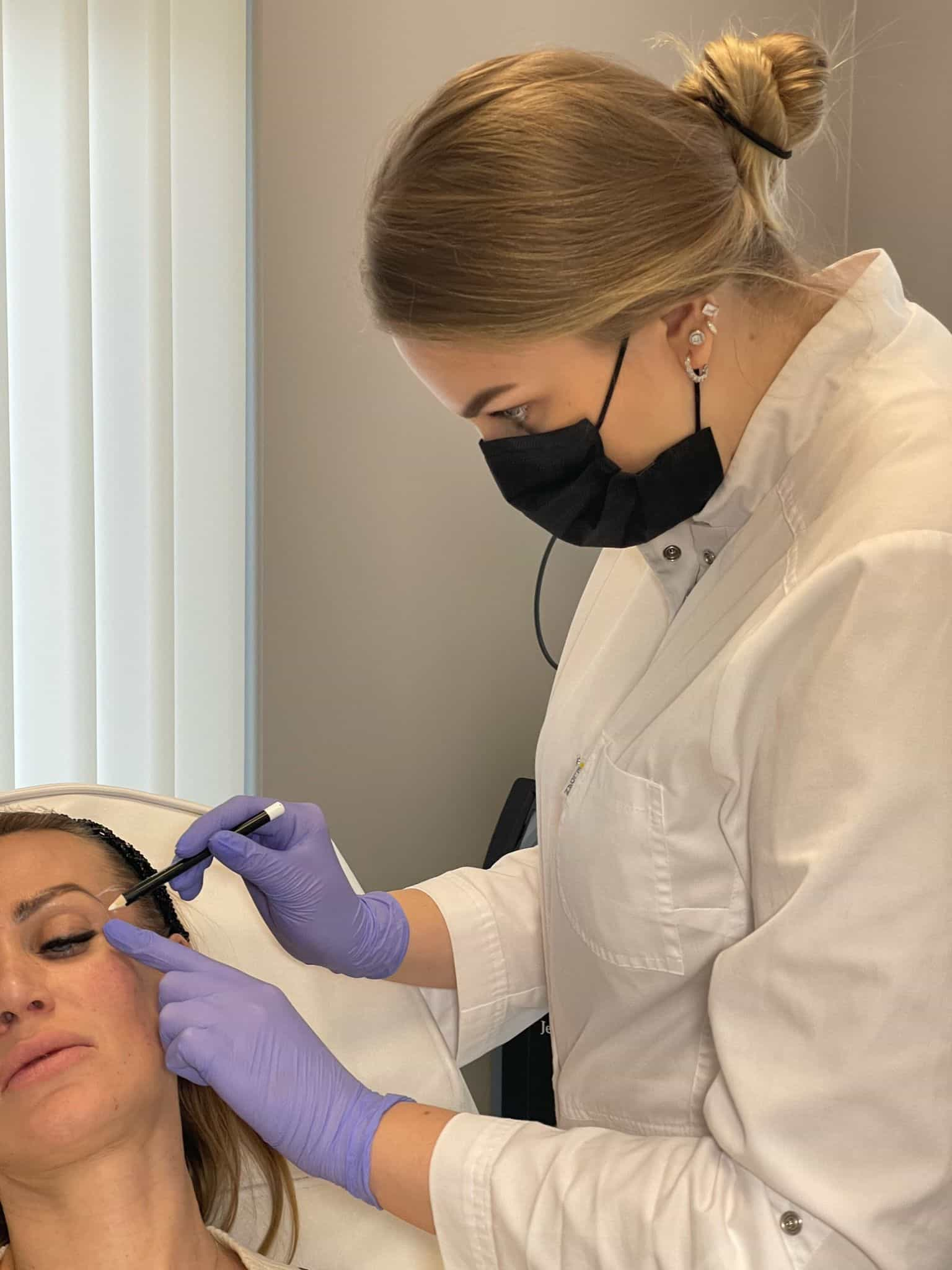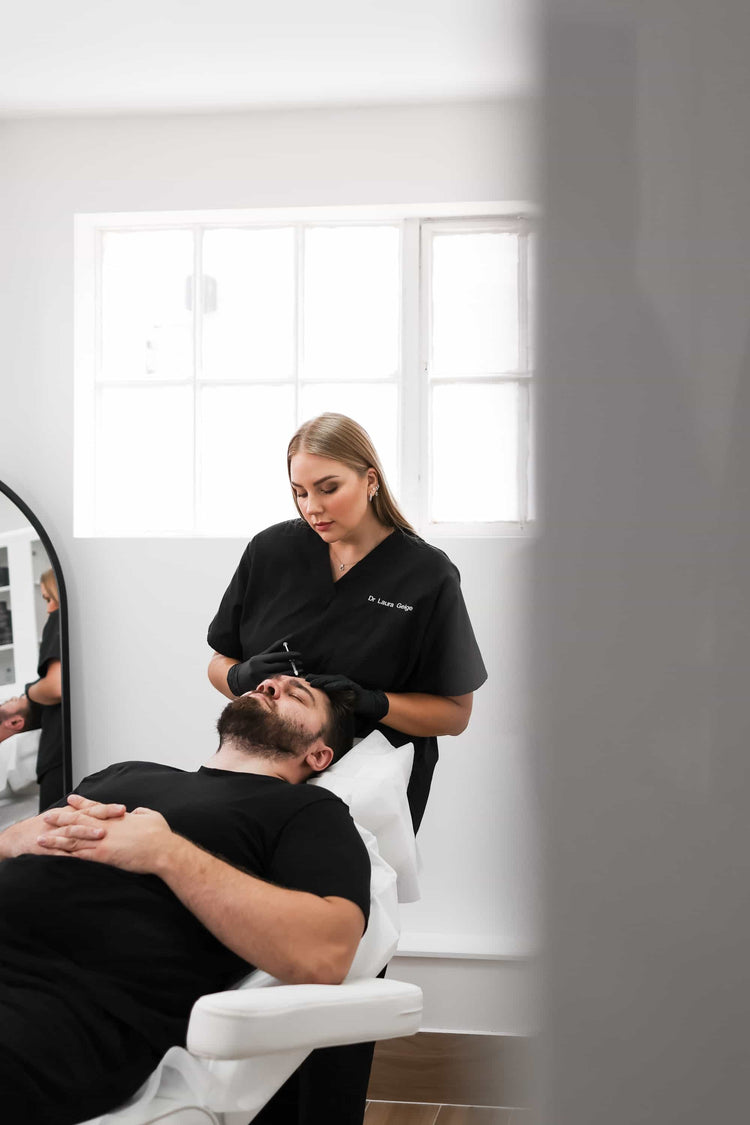Environmental Impact of Skincare
The beauty industry, while focused on enhancing outward appearances, carries a significant environmental footprint. From packaging waste to resource-intensive production processes, the impact on our planet is undeniable. This begs the question: are there sustainable alternatives within the skincare realm?
Packaging Waste
One major contributor to this environmental burden is packaging waste. Skincare products often come in excessive and non-recyclable packaging, generating mountains of plastic, cardboard, and glass that end up in landfills or oceans.
Furthermore, the production of ingredients like synthetic fragrances, preservatives, and emulsifiers can involve harmful chemical processes that release pollutants into the air and water.

The extraction and processing of raw materials, such as palm oil, also contribute to deforestation and habitat loss.

Ingredient Toxicity
The beauty industry, while focused on enhancing outward appearances, carries a significant environmental footprint. From packaging waste to resource-intensive production processes, the impact on our planet is undeniable. This begs the question: are there sustainable alternatives within the skincare realm?
One major contributor to this environmental burden is packaging waste. Skincare products often come in excessive and non-recyclable packaging, generating mountains of plastic, cardboard, and glass that end up in landfills or oceans.

Furthermore, the production of ingredients like synthetic fragrances, preservatives, and emulsifiers can involve harmful chemical processes that release pollutants into the air and water.
The extraction and processing of raw materials, such as palm oil, also contribute to deforestation and habitat loss.
Ingredient toxicity is another crucial concern within the skincare industry. Many conventional products contain chemicals known to be harmful to human health and the environment. These ingredients can penetrate the skin and disrupt hormonal balance, leading to potential long-term health consequences.
The presence of parabens, phthalates, sulfates, and other synthetic chemicals in skincare formulations raises concerns about their potential impact on reproductive health, endocrine function, and even cancer risk.
Water Consumption
A significant aspect of the environmental impact of skincare lies in water consumption. The production processes for many ingredients and formulations require substantial amounts of water, contributing to water scarcity in regions already facing water stress.
Manufacturing synthetic ingredients often involves complex chemical reactions that necessitate large volumes of water for various stages like purification, cooling, and dilution. Similarly, the cultivation of raw materials like aloe vera or lavender can also deplete local water resources.
Baby Botox and Sustainability in Surrey
In Surrey, a growing concern surrounds the environmental impact of the beauty industry. From excessive packaging to resource-intensive production methods, traditional skincare practices contribute significantly to pollution and waste.
Reduced Need for Procedures
Baby Botox, a less invasive form of botulinum toxin injections, is gaining popularity in Surrey as a potential solution for reducing the environmental impact associated with frequent cosmetic procedures. By offering longer-lasting results compared to conventional treatments, Baby Botox can potentially decrease the need for repeat appointments and subsequent resource consumption.
Fewer procedures translate to less packaging waste from product containers and reduced energy expenditure associated with travel to and from clinics. This contributes to a lower carbon footprint and minimizes the strain on local resources.
Decreased Product Usage
Baby Botox, while primarily known for its cosmetic benefits, offers a potential avenue for sustainable skincare practices in Surrey. The procedure’s longer-lasting effects compared to traditional treatments can lead to decreased product usage over time.
Fewer repeat appointments mean less packaging waste from skincare products and reduced energy consumption associated with travel. This aligns with the growing trend towards reducing environmental impact within the beauty industry.
Longevity of Results
The increasing popularity of Baby Botox in Surrey presents a potential opportunity for more sustainable skincare practices. By providing longer-lasting results compared to traditional cosmetic treatments, Baby Botox can potentially reduce the need for frequent repeat appointments.
This decrease in procedures translates to less packaging waste from product containers and reduced energy consumption associated with travel to and from clinics.
While Baby Botox primarily focuses on enhancing aesthetics, its longevity can contribute to a more environmentally conscious approach within the beauty industry.
The environmental benefits extend beyond waste reduction. Fewer treatments mean less demand for resource-intensive production processes involved in creating cosmetic products and generating new packaging materials.
This shift towards longer-lasting solutions aligns with the growing global movement towards more sustainable practices within various industries, including beauty and skincare.
Book Baby Botox for a subtle, refreshed appearance at It’s Me & You Clinic with Dr. Laura Geige
- Does Filler In Temples Lift Jowls? - July 1, 2025
- Dermal Fillers Near Redhill, Surrey - June 28, 2025
- Xenophilia Fetish: Attraction To The Foreign And Unfamiliar - June 28, 2025
